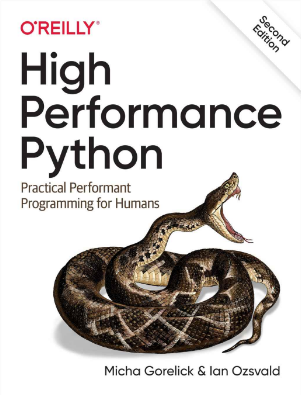Entrepreneurial Geekiness

Blogs-for-you
How do I find other blogs that are like my own? The blogosphere is pretty damned large, and trying to find others who blog about the same sort of thing as me is tricky. So tricky that I often don’t try, I just stumble onto them every now and again. Surely there’s a better way?
Technorati can tell me about what’s hot on the web and there’s collaborative bookmark sharing at delicio.us. One thing I haven’t seen is a blog-search tool that’ll tell me about other bloggers who:
1. Discuss the same sort of content as me
2. Link to the same sets of blogs as me
I link to The Long Tail, Doc Searl, Seth Godin and my friends – so who else links to those sites? Maybe I want to read their blogs too.
Of course spidering my site for my blogroll will be slightly tricky, and it’ll vary with other blogging tools. Maybe we need the blog software to serve up some of this info just like it serves up an RSS feed? It’d then be trivial to spider a million blogs, see who links to who and suggest connections that I’d not have known about. Has anyone seen a search engine along these lines?
First use of ‘weblog’ was in 1997
Well I never, 1997 was about the earliest time that the term ‘weblog’ was used, though blogging as we know it started around 1994. There’s a picure of the entry at WikiPedia.
Another example of the 10 year or so lag between a truly innovative idea first breaking the surface and its later general acceptance.?
Firefly Theme
I’m sufficiently hooked on Firefly now that I figure the world needs to know just how wonderful it is. You can hear the intro music which is just superb over at Fantasy News (skip half-way in to miss the intro speech). Lots of other tunes there too…
PhpWiki on GoDaddy
A quick tip for any installers of PhpWiki on GoDaddy – it doesn’t seem to work if you use dba or dbm database types, but the flatfile type is fine.
Visible Quality of Service Polls?
I’ve just taken a look at a bunch of web hosting providers (for Python and Plone), and I’m having trouble deciding which of them offer a high level of service.
If I visit five hosting providers websites I get nicely marketed homepages – but this doesn’t tell me how reliable they are, how much downtime I’d suffer or how flexible and helpful they are.
I can research forums and google the company names, but this all takes time – wouldn’t it be nicer if I could regularly see genuine customer feedback? Maybe you get your customers to vote about the quality of the service every month, perhaps in exchange for a discount (regardless of how they vote). All the results are shown in a little ticker on the front page. If the company gets an average 93% positive vote – isn’t that something worth shouting about?
Maybe then I’d go to these five hosting providers and several would have historic results on their homepage. You’d see hiccups when the service went down – I’d expect to see occasional failures, and I’d expect to see customers feeling happy very soon after if they were really being looked after.
Good providers wouldn’t be scared of the downside of occasional negative voting – they’d know that their long-term average was the main selling point. So why don’t we see this on the web?
Read my book

Oreilly High Performance Python by Micha Gorelick & Ian Ozsvald AI Consulting
Co-organiser
Trending Now
1Upcoming discussion calls for Team Structure and Buidling a Backlog for data science leadsData science, pydata, Python2My first commit to PandasPython3Skinny Pandas Riding on a Rocket at PyDataGlobal 2020Data science, pydata, Python4“Making Pandas Fly” at EuroPython 2020High Performance Python Book, pydata, Python5Weekish notesData science, Python, Week notesTags
Aim Api Artificial Intelligence Blog Brighton Conferences Cookbook Demo Ebook Email Emily Face Detection Few Days Google High Performance Iphone Kyran Laptop Linux London Lt Map Natural Language Processing Nbsp Nltk Numpy Optical Character Recognition Pycon Python Python Mailing Python Tutorial Robots Running Santiago Seb Skiff Slides Startups Tweet Tweets Twitter Ubuntu Ups Vimeo Wikipedia

